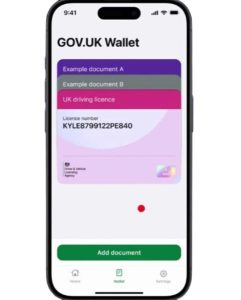Self-employed Britons face fines of up to £900 under new HMRC quarterly tax rules


Self-employed workers and landlords earning over £50,000 a year will face fines of up to £900 if they miss new quarterly tax deadlines under HMRC’s Making Tax Digital reforms.
The changes, due from April 2026, will replace the traditional annual self-assessment return with a digital reporting system requiring updates every three months.
According to research by Accountex, four in five accountants see Making Tax Digital as their biggest professional challenge in the year ahead. A third admit they feel unprepared for the shift, while one in ten say they are “severely underprepared”.
Robert Jones, proprietor of Swift Tax Refunds, warned that the first reporting period – 6 April to 5 July 2026 – must be filed by 7 August, leaving little room for error.
“Failing to file a return on time results in a £100 fine straight away,” Jones explained. “If the return is still outstanding after three months, daily £10 penalties start to add up, reaching up to £900.”
If a return is still overdue after six months, HMRC will impose an additional charge of £300 or 5% of the outstanding tax – whichever is greater. This same penalty is applied again at the twelve-month point.
Deliberate non-compliance can attract even harsher sanctions, while late payment of tax also carries separate penalties: 5% of the unpaid amount after one, six, and twelve months, plus daily interest from the original due date.
The move to quarterly digital reporting will require self-employed individuals and landlords to keep accurate, up-to-date records year-round, rather than focusing on the traditional January tax deadline.
Those with multiple income streams – for example, combining self-employment with rental income – will need to submit separate quarterly reports for each source.
Jones said: “This is a big behavioural change. People will have to be much more disciplined with record-keeping if they want to avoid costly mistakes.”
Read more:
Self-employed Britons face fines of up to £900 under new HMRC quarterly tax rules








